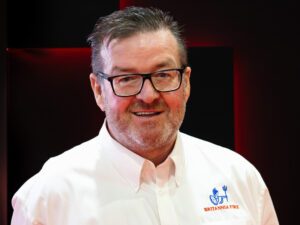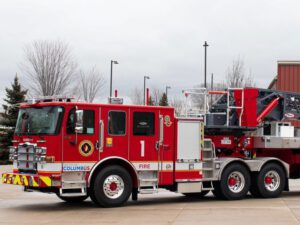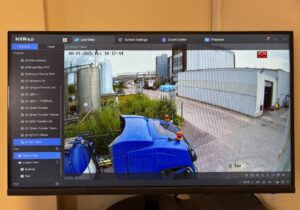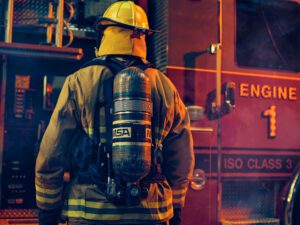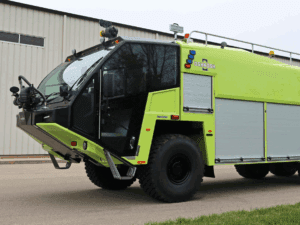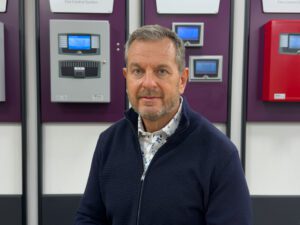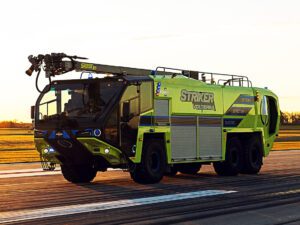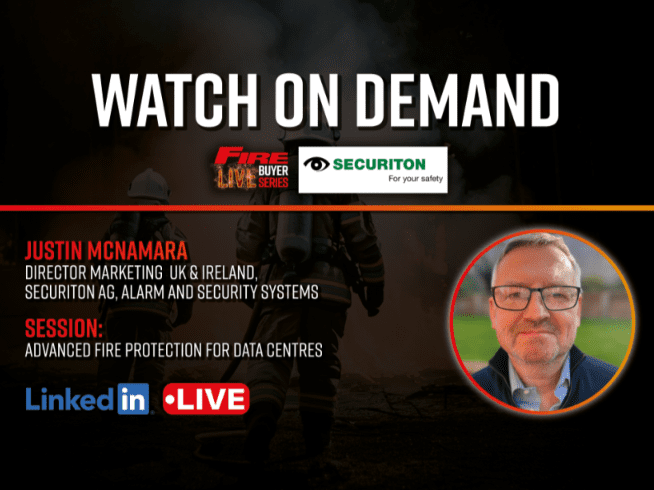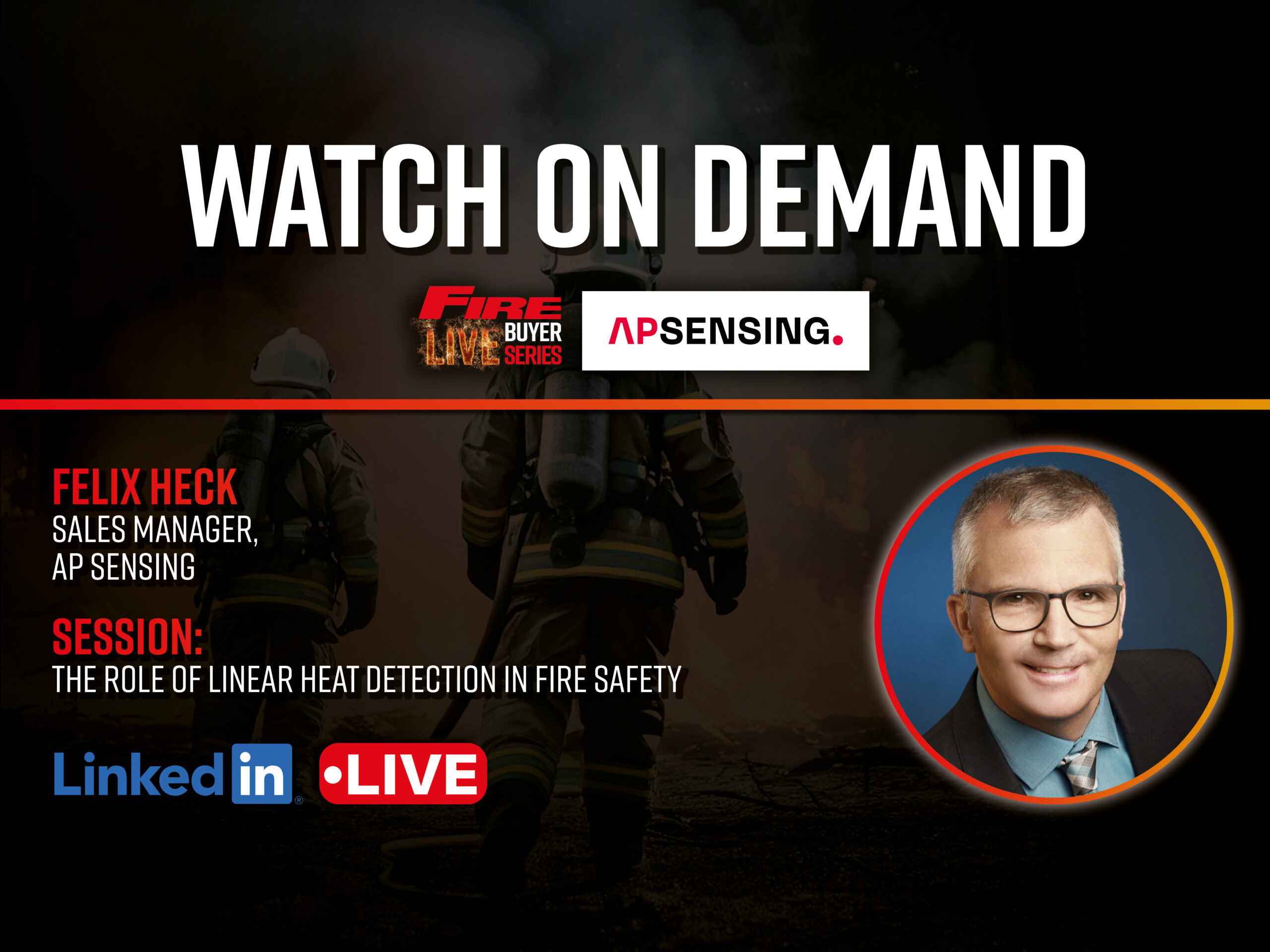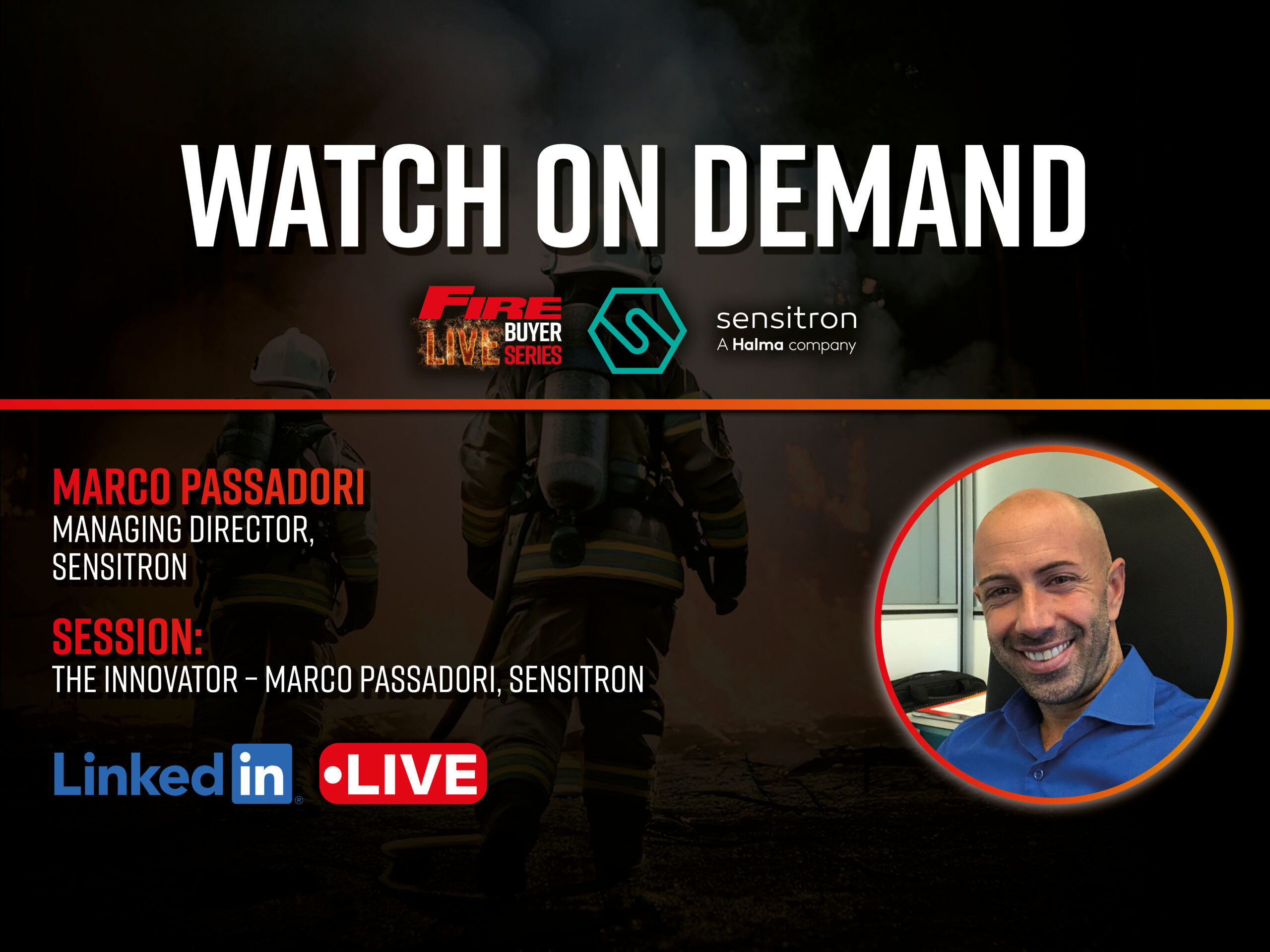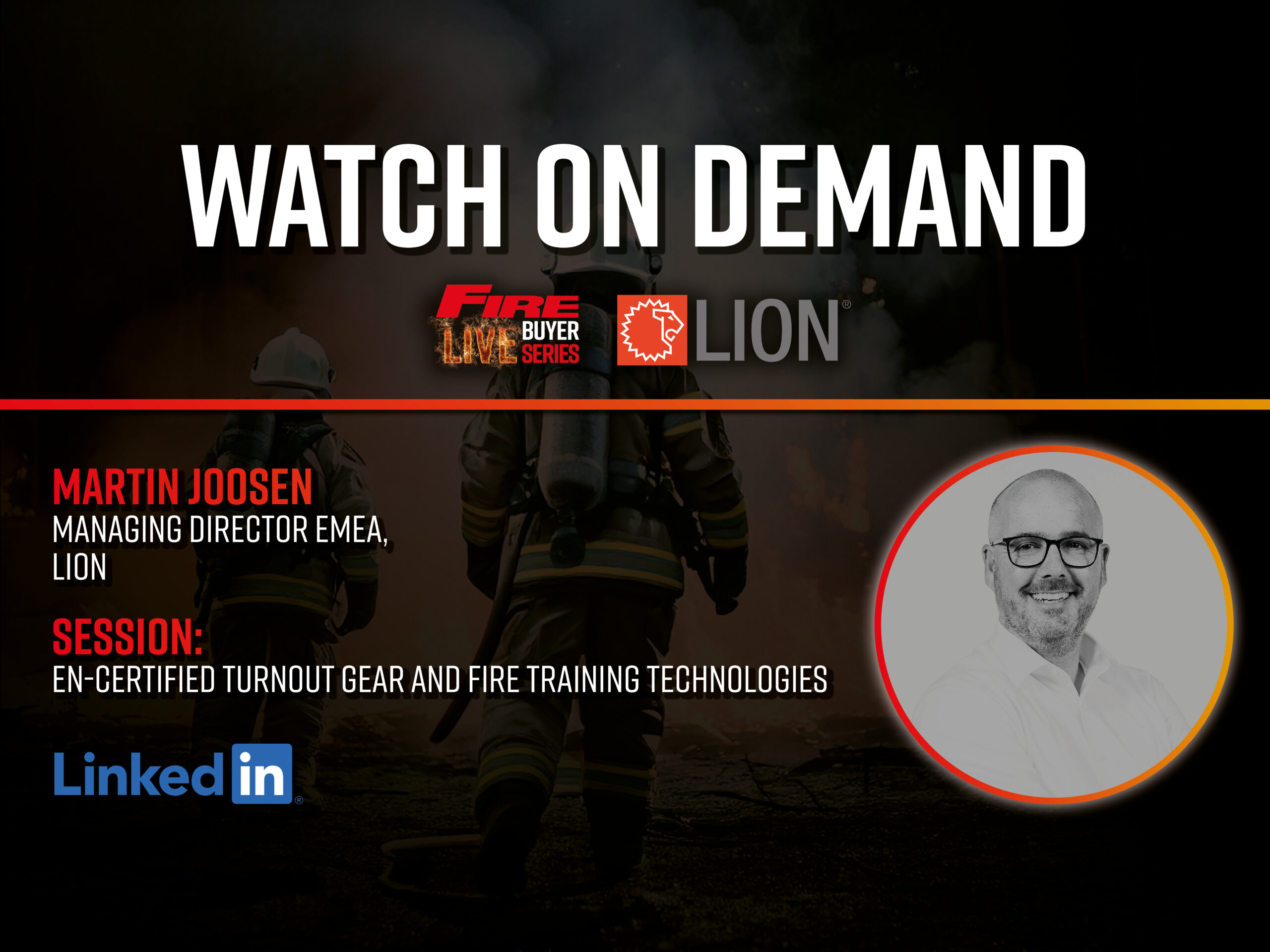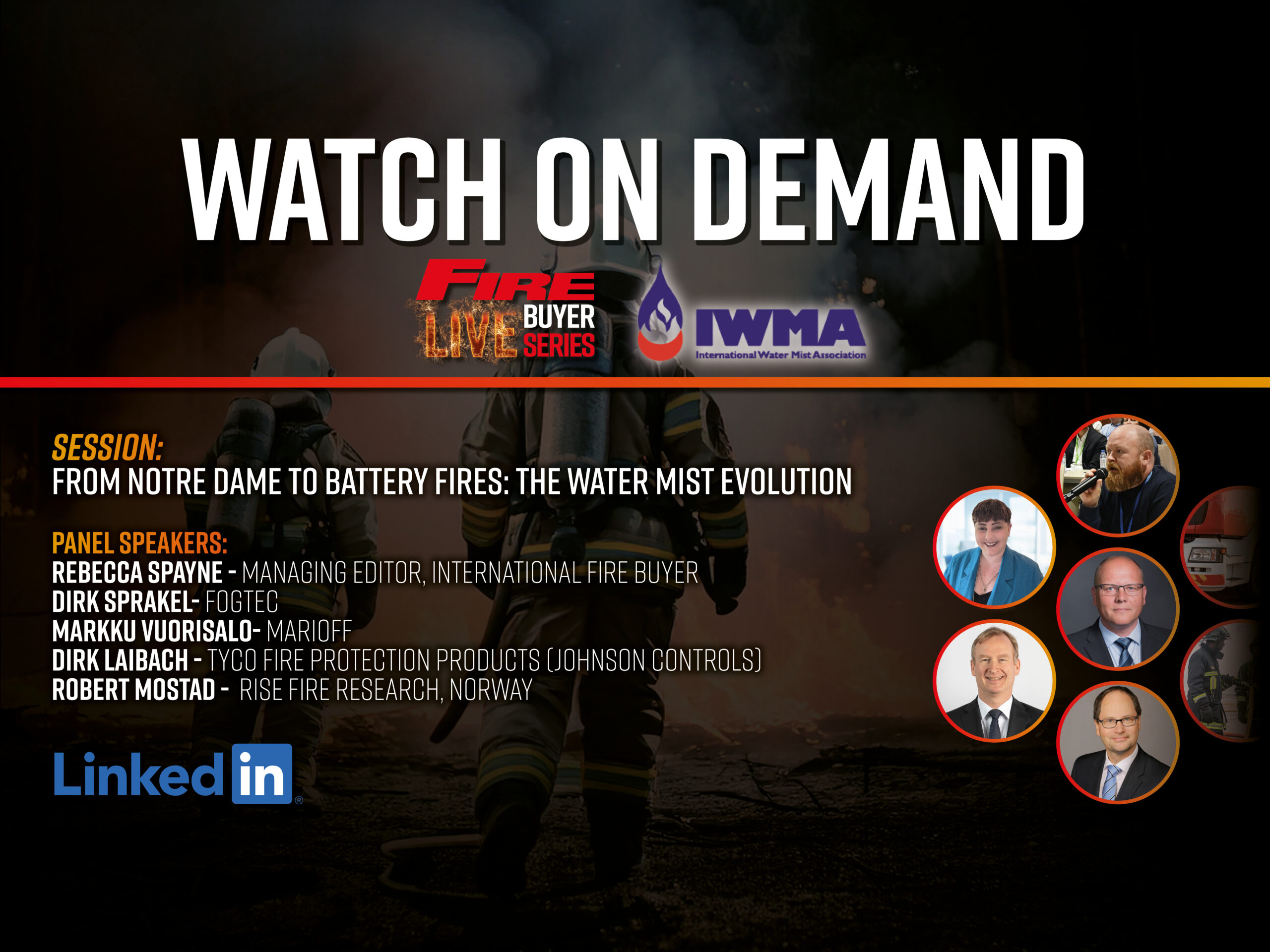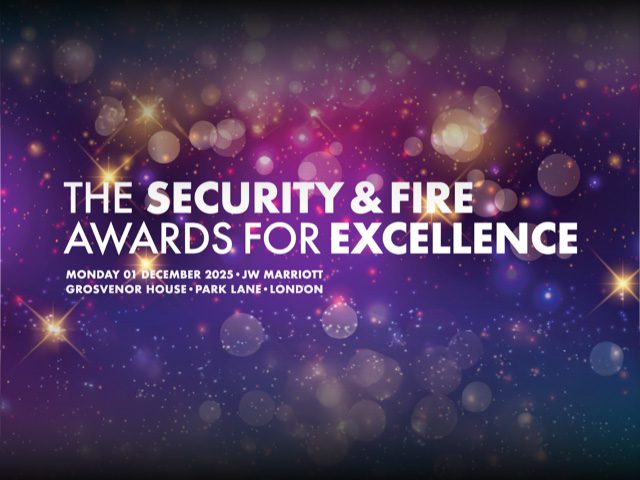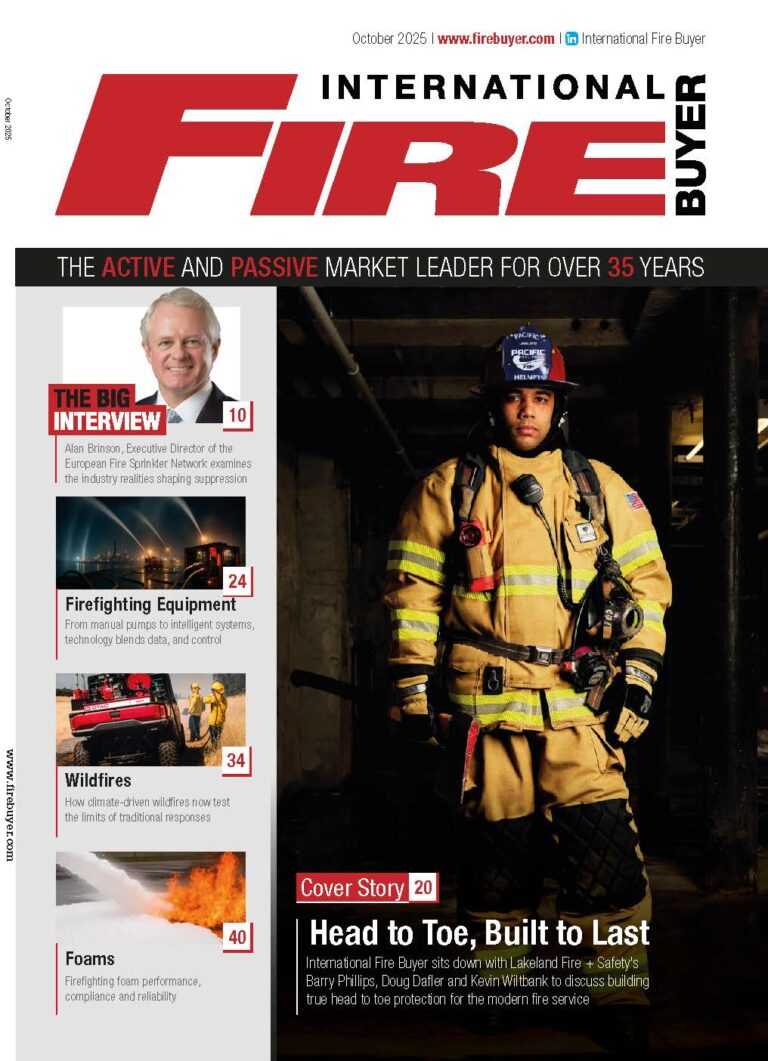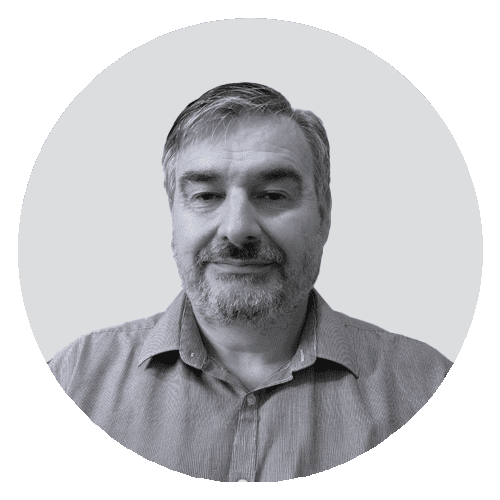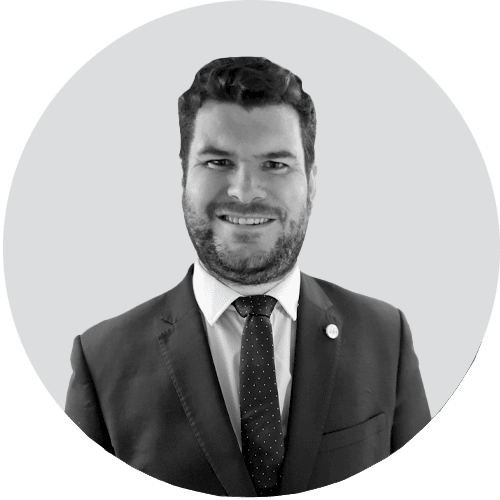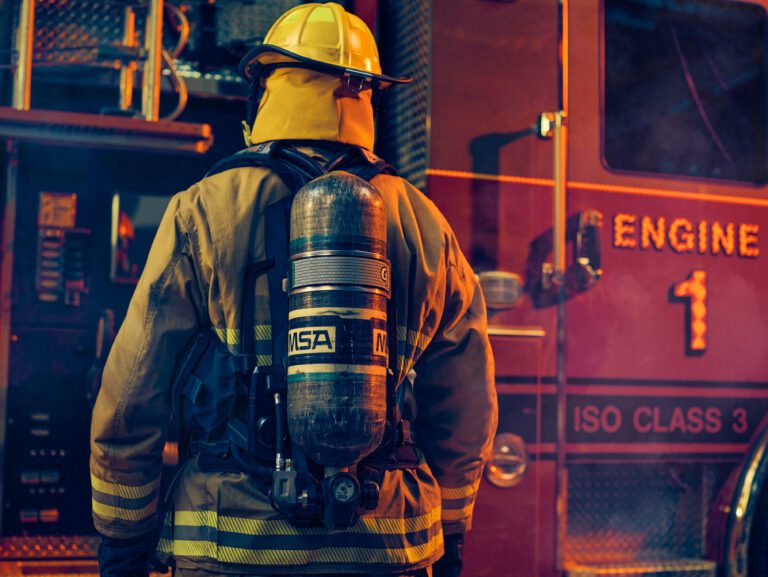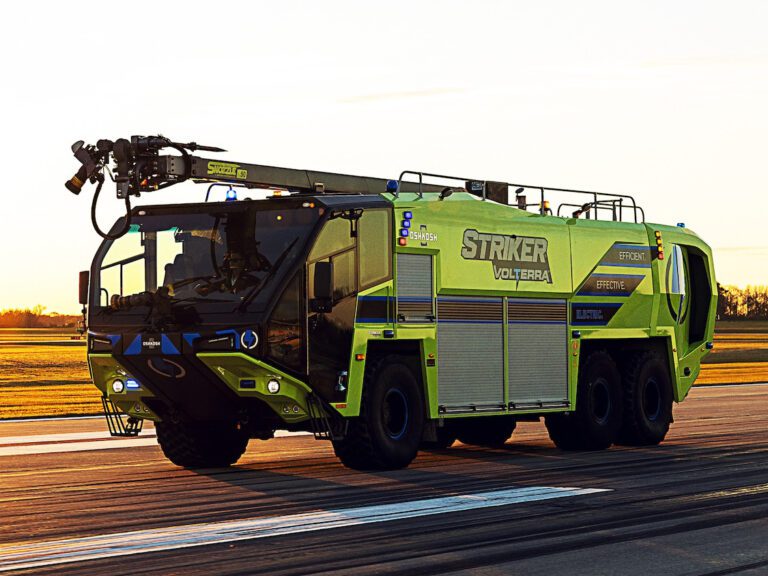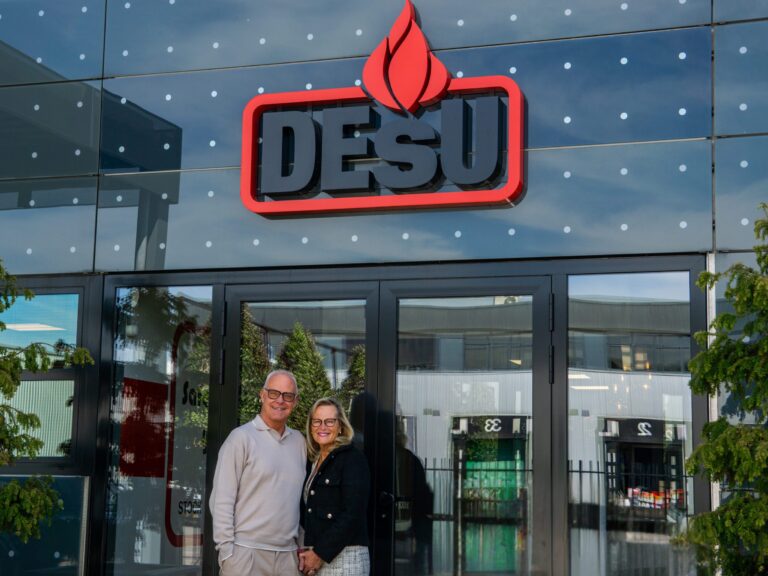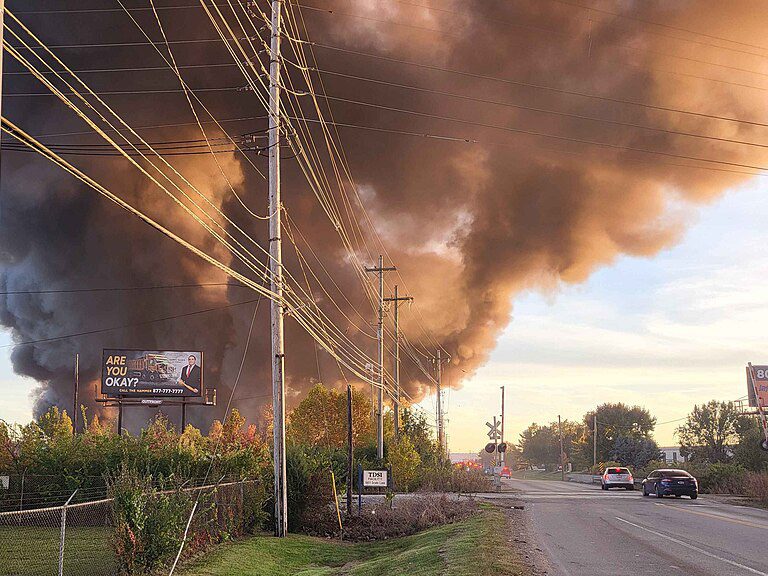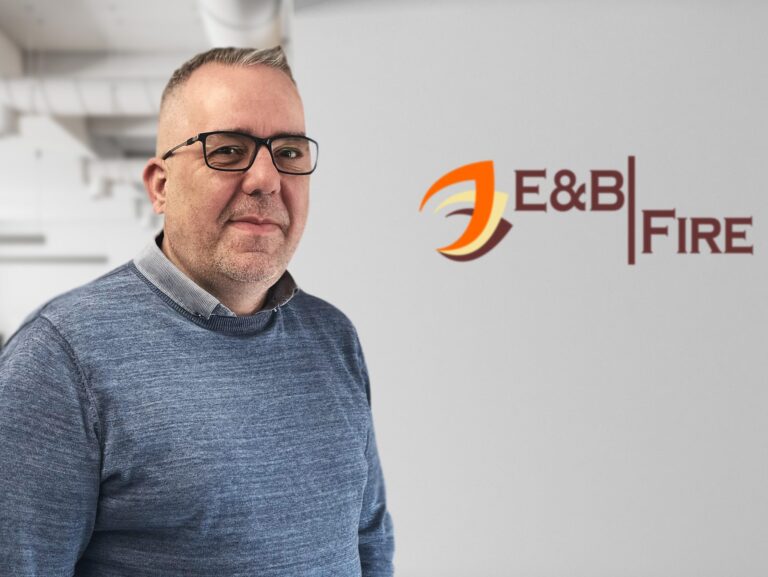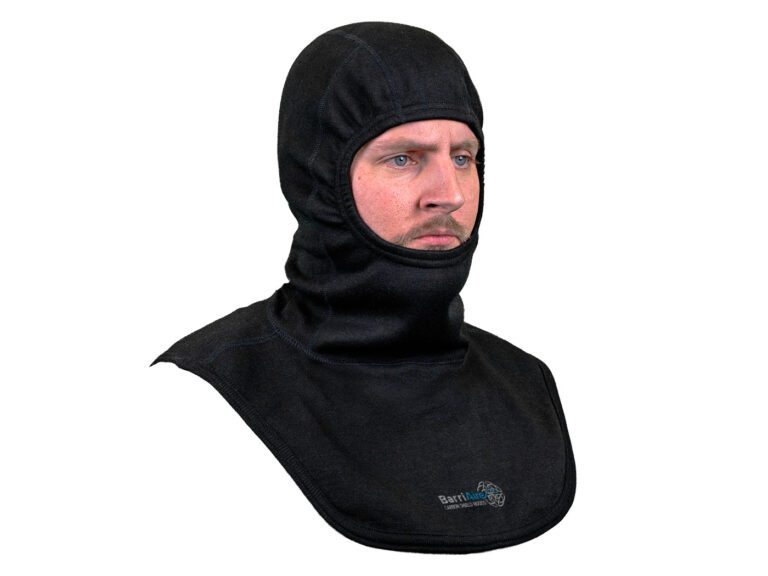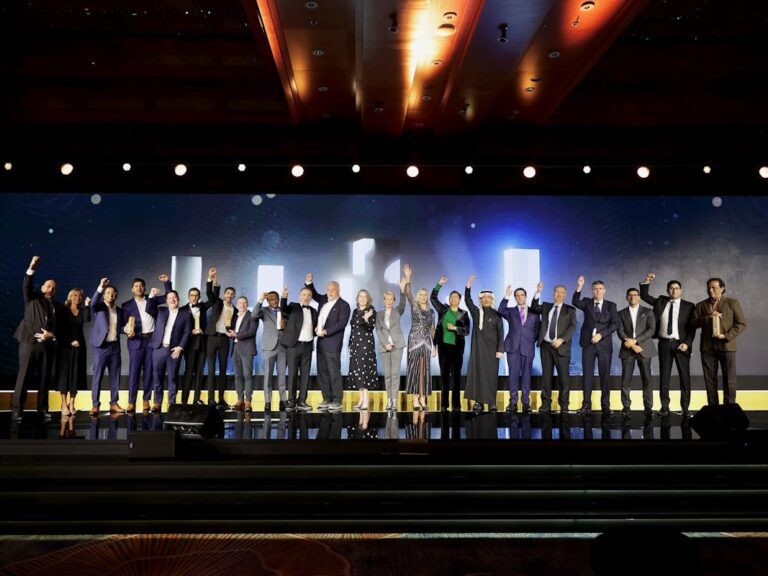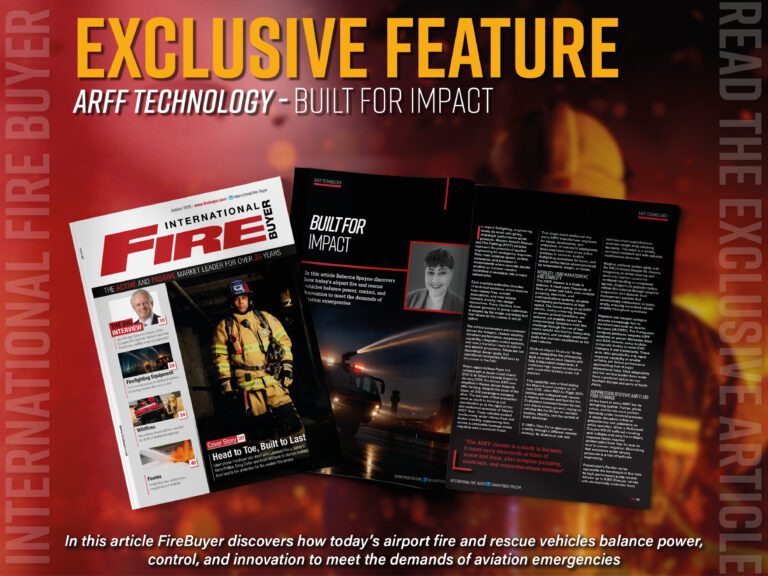Paul Joseph, Editor of Fire Buyer, talks to U.S. firefighter-turned-author Kelly Ramsey about what it really takes to battle wildfires—and the policy reforms the industry still needs.
When Kelly Ramsey joined an elite U.S. hotshot crew in 2020, she brought with her not just the grit demanded by the job, but a determination to prove that wildland firefighting could be a space where women thrive.
As one of the oldest—and the only woman—on the crew, Kelly faced a daunting physical and emotional challenge. Her first deployment, on Arizona’s Bush Fire, was a sensory shock:
“The first time you really see flames as tall as a house or flames as tall as a high rise on a ridge… it just leaves you awestruck,” she recalls. “I was there with my mouth hanging open, just thinking: What have I gotten myself into?”
What followed were two intense fire seasons marked by megafires, fatigue, and a steep learning curve. Her gripping memoir, Wildfire Days: A Woman, a Hotshot Crew, and the Burning American West, offers an unflinching account of those years, drawing out not only the physical demands but the psychological toll exacted by life on the line.
Kelly didn’t initially set out to write a book. During her fire seasons, she kept detailed notes to process the day’s events. “When I finished my second season, I realised I had 50,000 words,” she says. “I just started filling in the scenes, writing out everything that happened. And when I started, I just couldn’t stop.”
“There was this sense that I had something I needed to get down,” she says. “And then all this stuff about my family—my father, his alcoholism—it all started coming to the surface.”
Through her writing, she also raises critical questions about culture, gender, and mental health in a profession still shaped by masculine archetypes. “In firefighting of all places, I felt like I found my real family,” she says. “Having come from a really difficult family of origin, I had been looking for many, many years for my real family. And in firefighting, I felt like I found that.”
“It’s about belonging,” she adds. “So many of us are looking for somewhere that we belong. For me, unexpectedly, that happened in fire.”
Yet, that family came with conditions: proving physical worth, absorbing intense emotional pressures, and surviving in a system that isn’t built for everyone. “People are very much specialised into roles,” she explains. “Once you’re assigned to that role for the season, that’s your job. If you’re third in line with a Pulaski, you’re ‘third P’—that’s your job, that’s where you go.”
That rigidity can be a source of pride and identity—but also a limitation. “Someone might be moved up if, say, a Sawyer gets injured or has to leave for a family emergency, but generally you stay in your assigned place. It’s not designed for adaptability, and that can wear on people.” As the wildfire crisis escalates, Kelly believes that flexibility—both physical and institutional—will be key.



